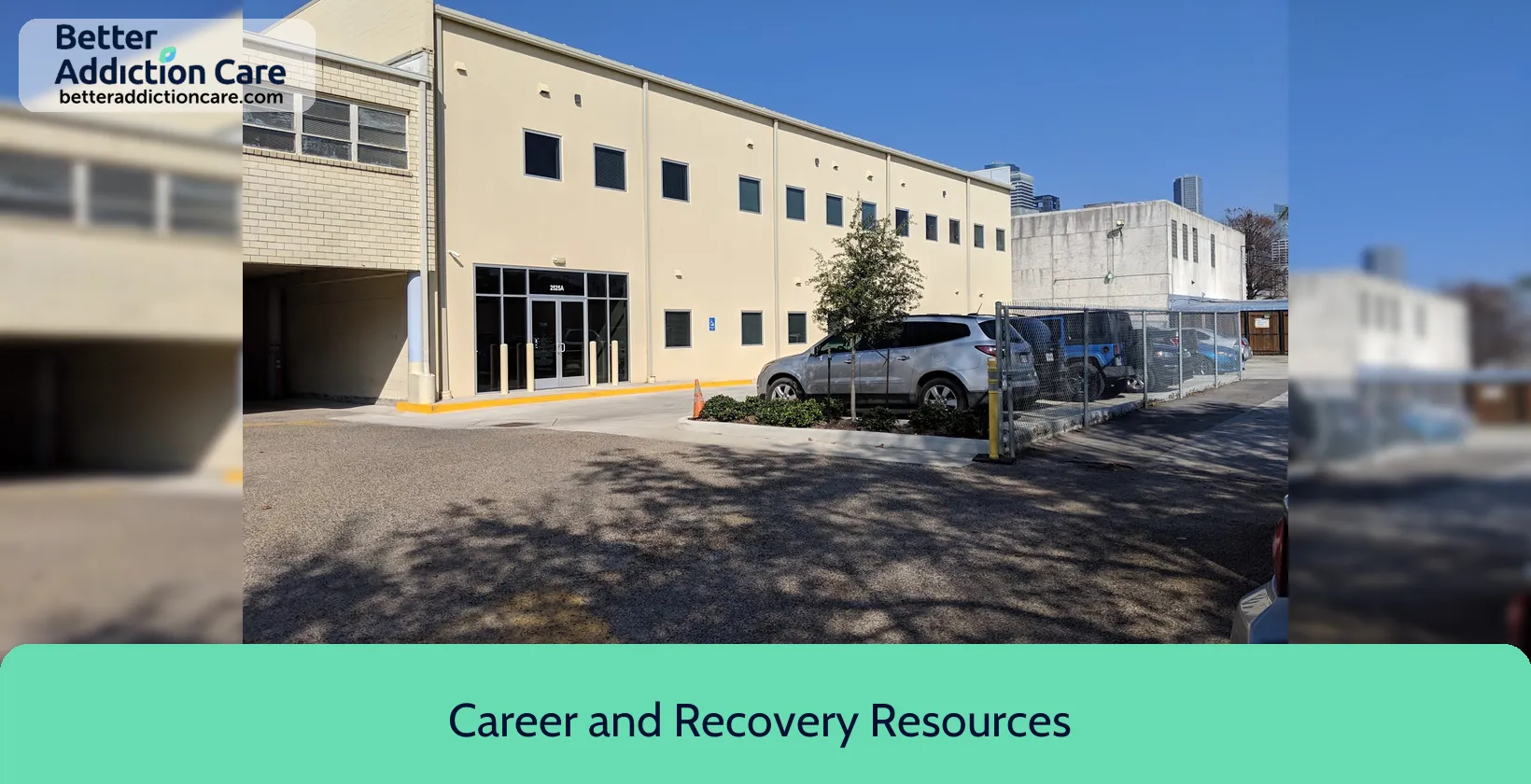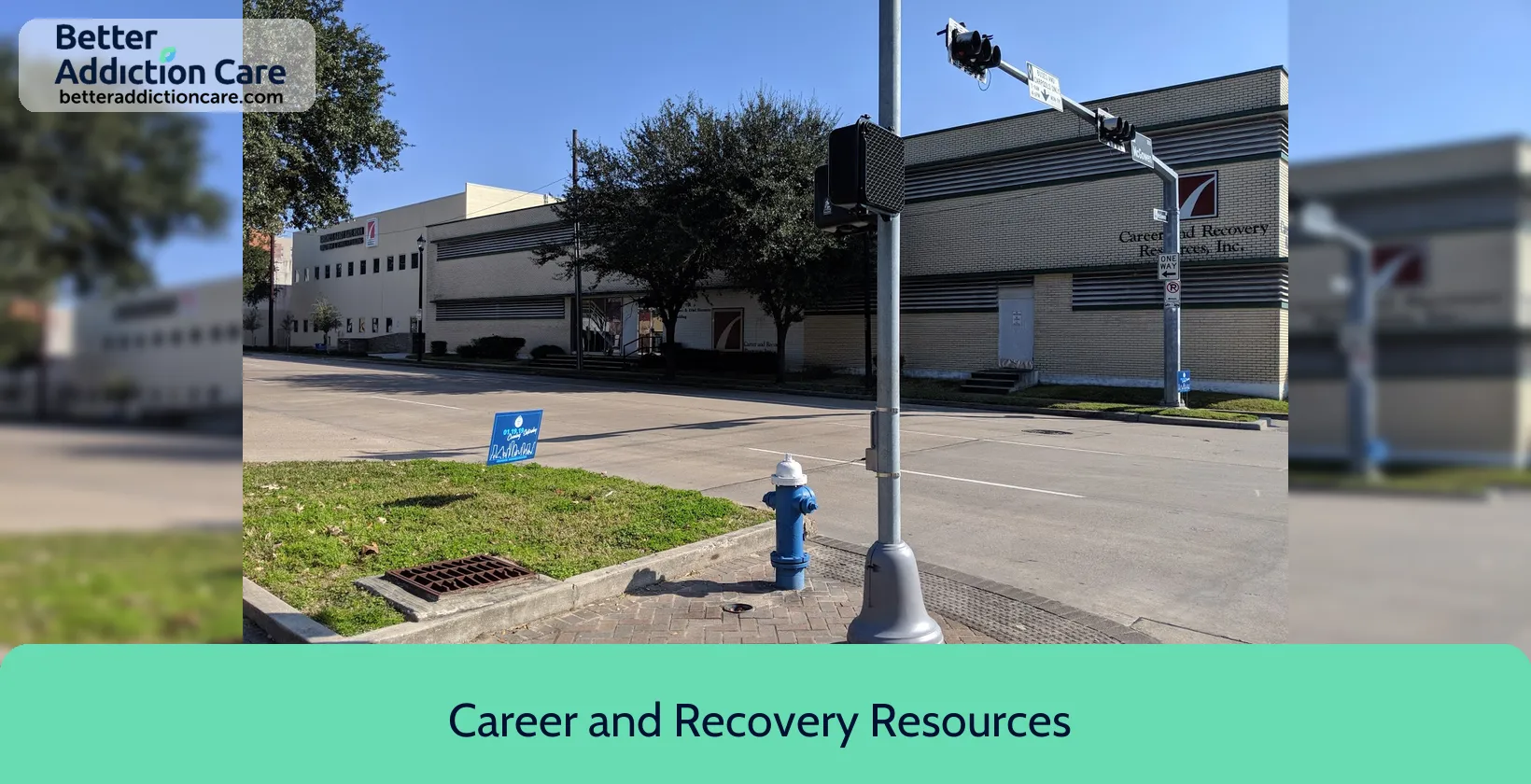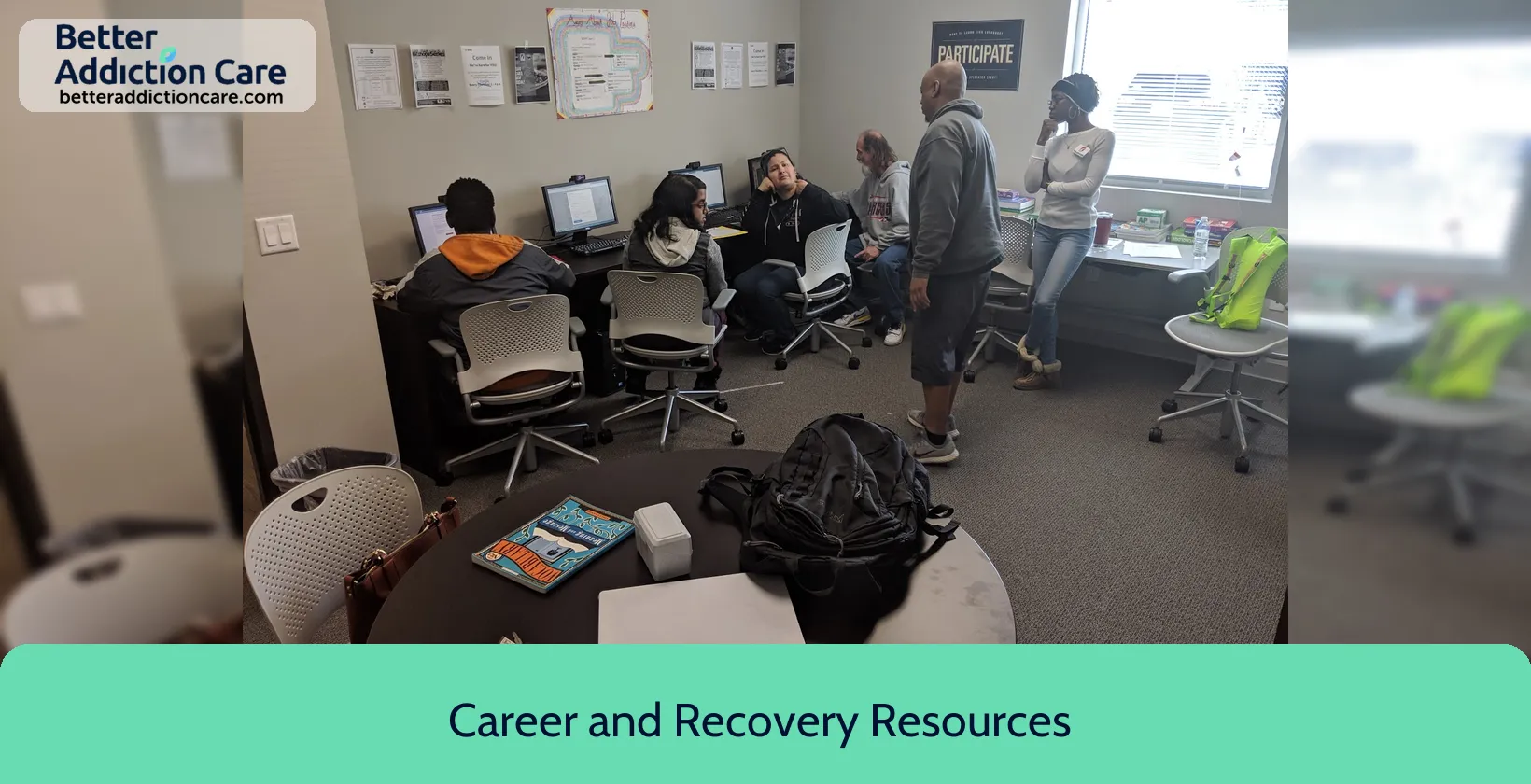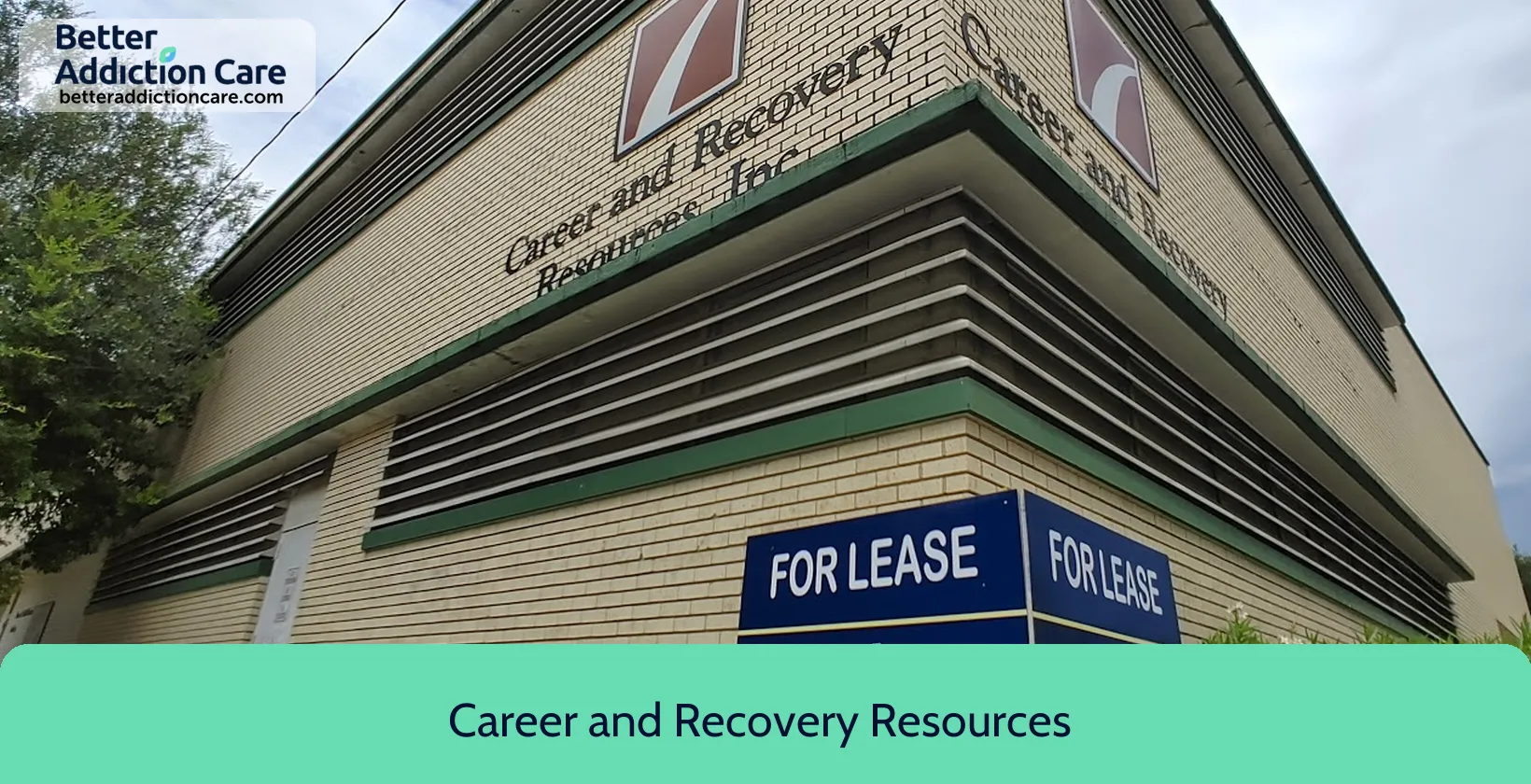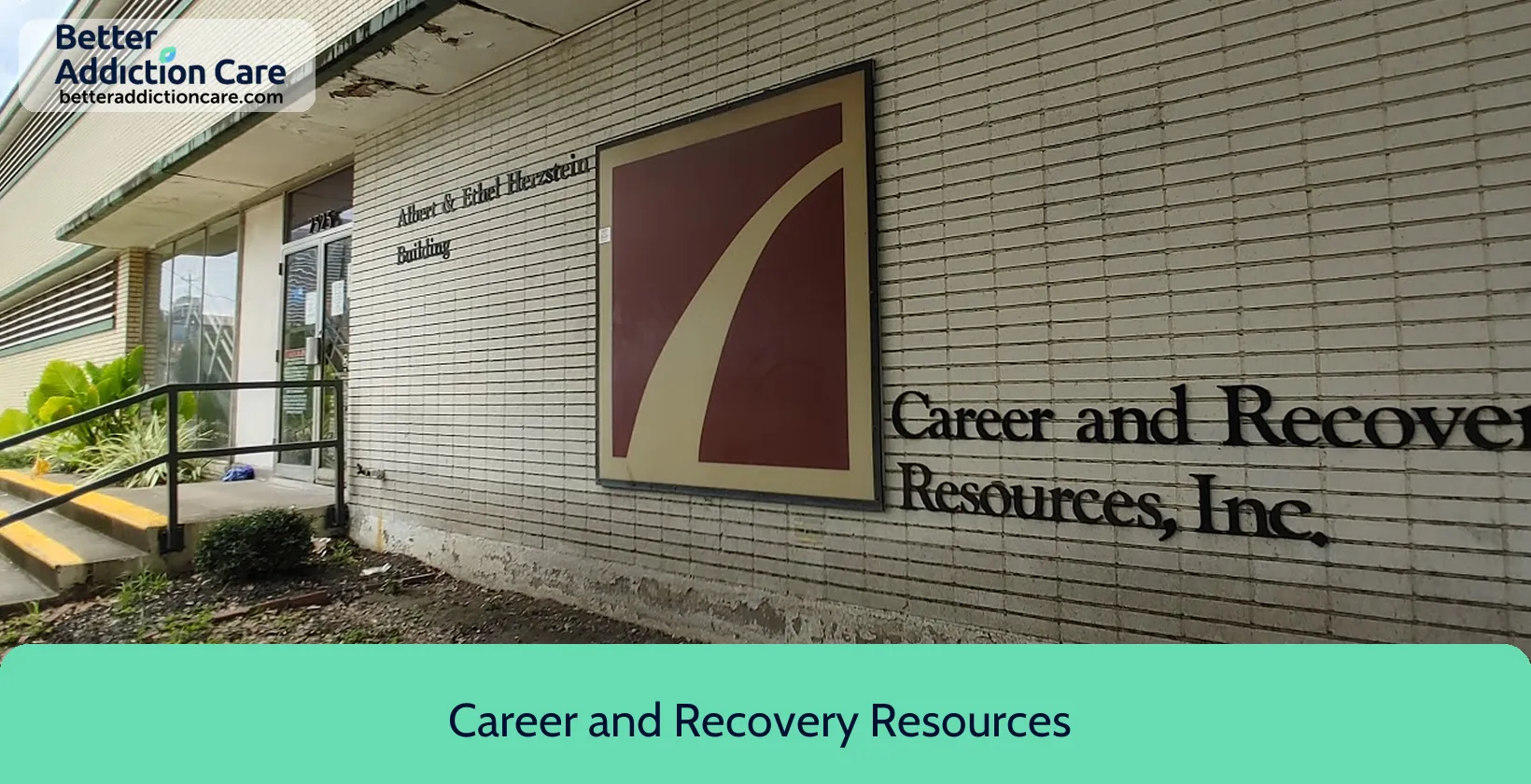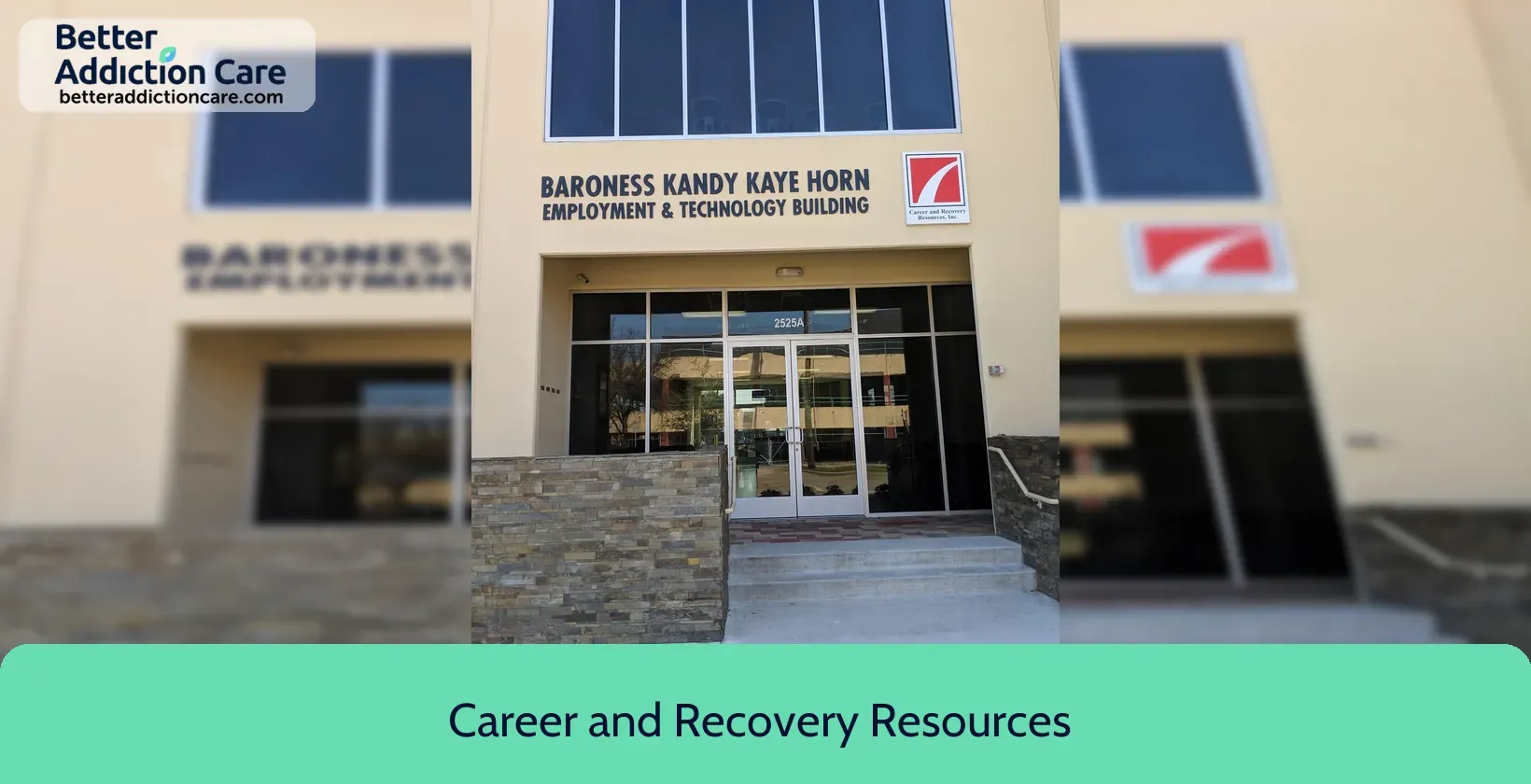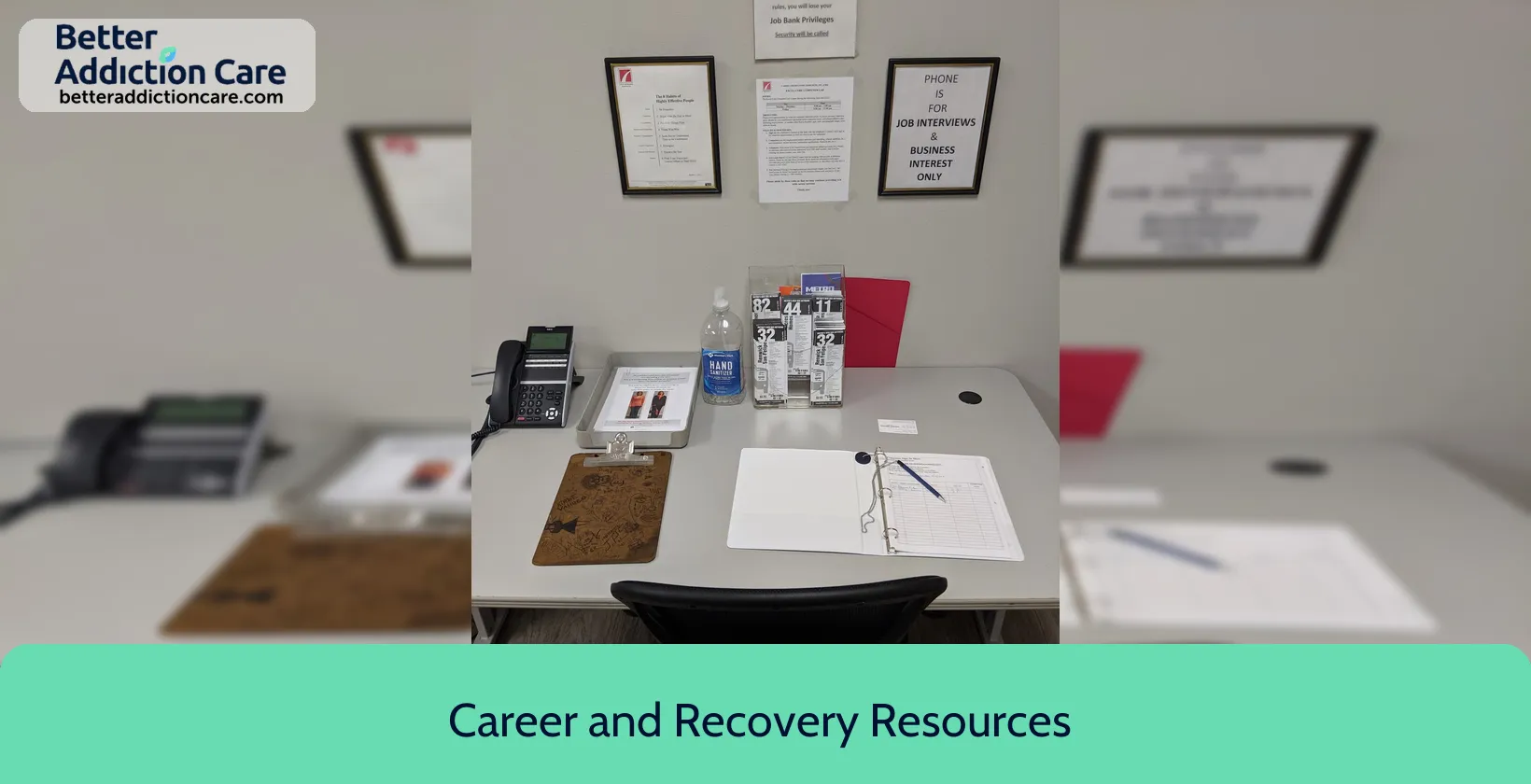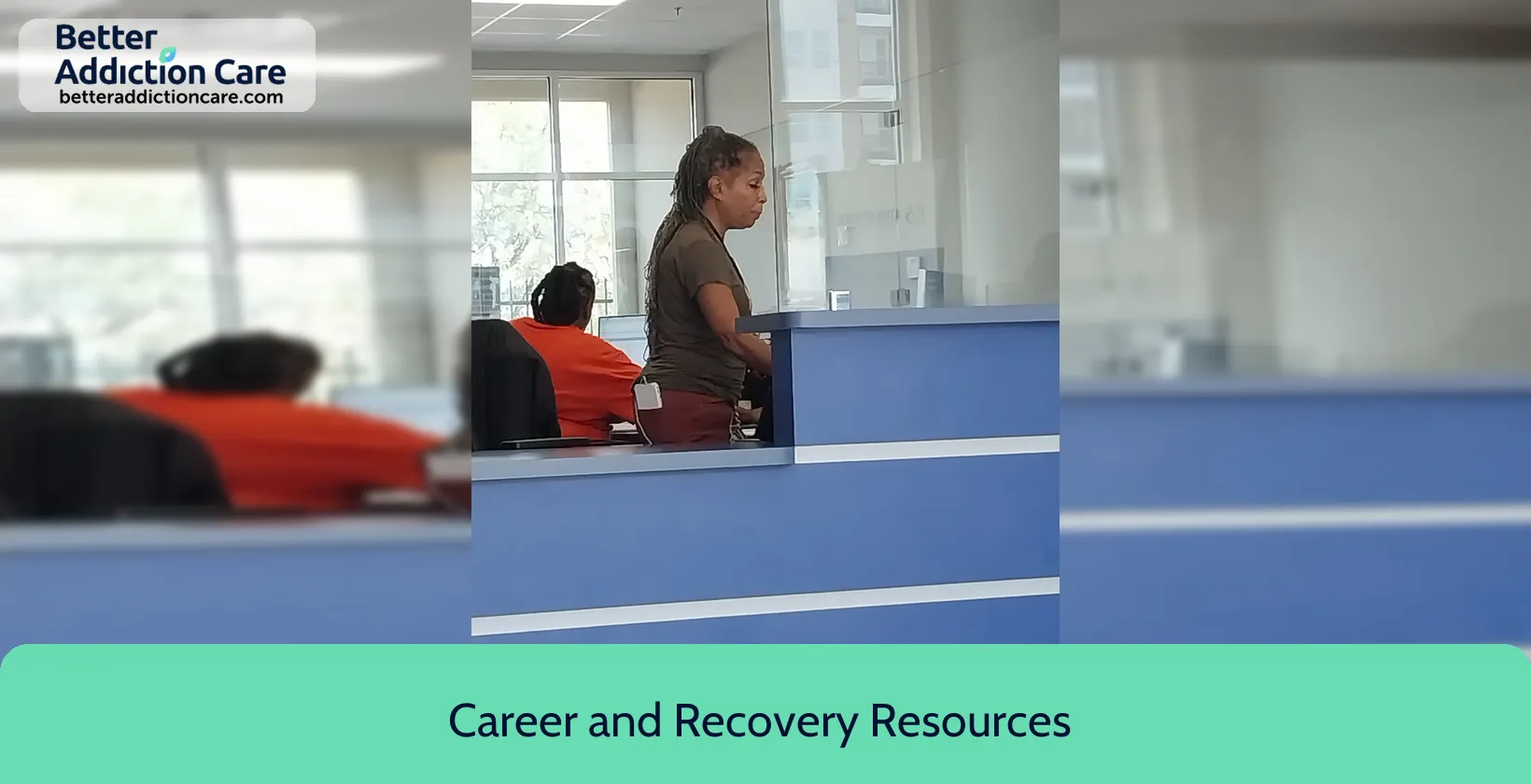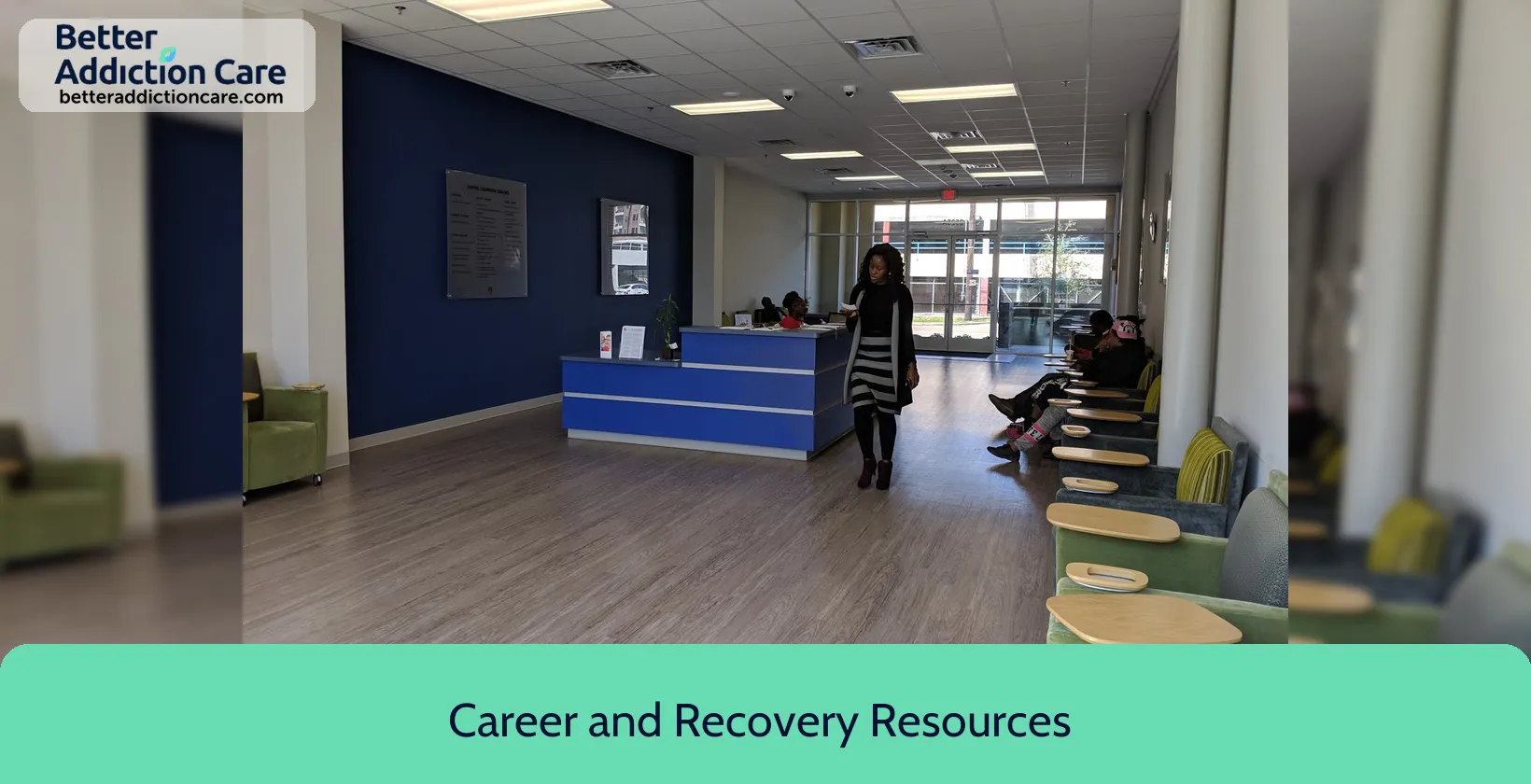Overview
Career and Recovery Resources - San Jacinto Street is a substance abuse treatment center for people seeking treatment near Harris County. As part of their treatment modalities for recovery, Career and Recovery Resources - San Jacinto Street provides cognitive behavioral therapy, telemedicine/telehealth therapy, and substance use disorder counseling during treatment. Career and Recovery Resources - San Jacinto Street is located in Houston, Texas, accepting cash or self-payment for treatment.
Career and Recovery Resources - San Jacinto Street at a Glance
Payment Options
- Cash or self-payment
- Medicaid
- Federal, or any government funding for substance use treatment programs
- Sliding fee scale (fee is based on income and other factors)
- Payment assistance (check with facility for details)
Assessments
- Screening for tobacco use
- Comprehensive substance use assessment
- Interim services for clients
- Screening for mental disorders
- Screening for substance use
Age Groups
- Young adults
- Adults
- Seniors
Ancillary Services
- Child care for client's children
- Mental health services
- Transportation assistance
Highlights About Career and Recovery Resources - San Jacinto Street
6.83/10
With an overall rating of 6.83/10, this facility has following balanced range of services. Alcohol Rehabilitation: 8.00/10, Drug Rehab and Detox: 6.00/10, Insurance and Payments: 6.00/10, Treatment Options: 7.33/10.-
Alcohol Rehabilitation 8.00
-
Treatment Options 7.33
-
Drug Rehab and Detox 6.00
-
Insurance and Payments 6.00
Accreditations
Commission on Accreditation of Rehabilitation Facilities (CARF):

CARF accreditation is a prestigious recognition granted to rehabilitation and human service organizations. It signifies that an organization meets high-quality standards, having undergone a rigorous evaluation process. CARF accreditation boosts an organization's credibility and ensures top-notch care for individuals with disabilities, injuries, or healthcare needs.
Treatment At Career and Recovery Resources - San Jacinto Street
Treatment Conditions
- Alcoholism
- Substance use treatment
Care Levels
- Outpatient
- Intensive outpatient treatment
- Regular outpatient treatment
- Aftercare
Treatment Modalities
- Cognitive behavioral therapy
- Telemedicine/telehealth therapy
- Substance use disorder counseling
- Trauma-related counseling
- Group counseling
Ancillary Services
Languages
- Sign language services for the deaf and hard of hearing
- Spanish
Additional Services
- Pharmacotherapies administered during treatment
- Mentoring/peer support
- Breathalyzer or blood alcohol testing
Special Programs
- Criminal justice (other than DUI/DWI)/Forensic clients
- Pregnant/postpartum women
- Clients who have experienced trauma
Common Questions About Career and Recovery Resources - San Jacinto Street
Contact Information
Read our Most Recent Article About Drug Addiction
DISCLAIMER: The facility name, logo and brand are the property and registered trademarks of Career and Recovery Resources - San Jacinto Street, and are being used for identification and informational purposes only. Use of these names, logos and brands shall not imply endorsement. BetterAddictionCare.com is not affiliated with or sponsored by Career and Recovery Resources - San Jacinto Street.
